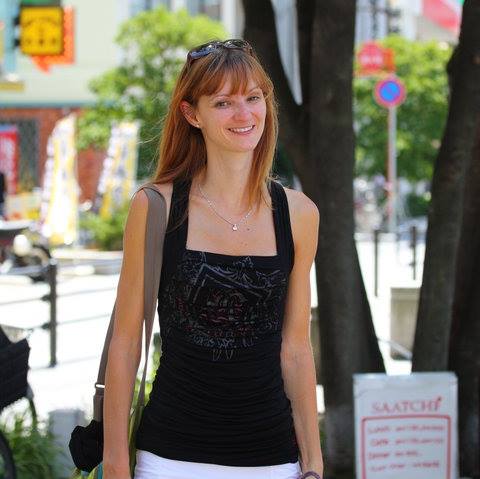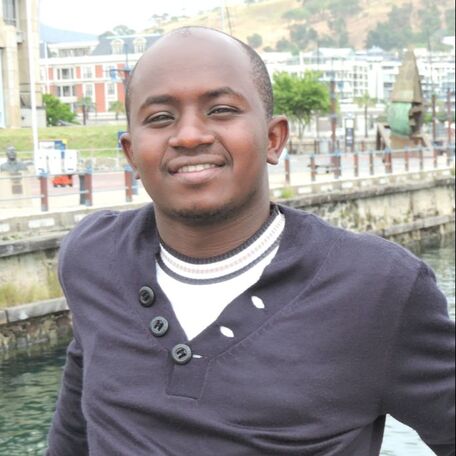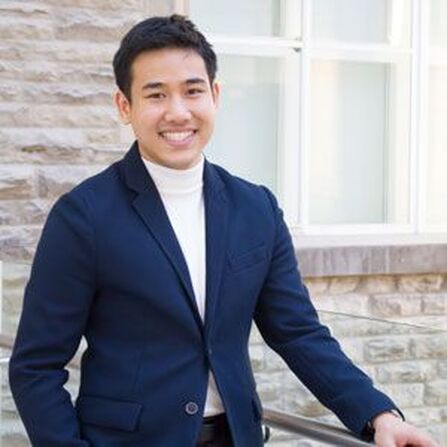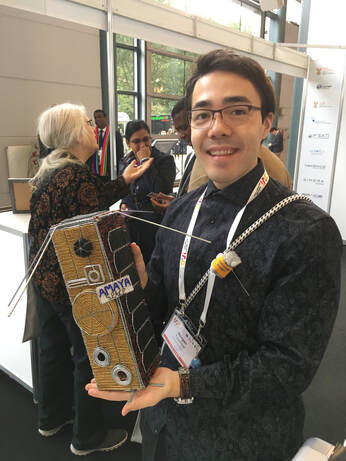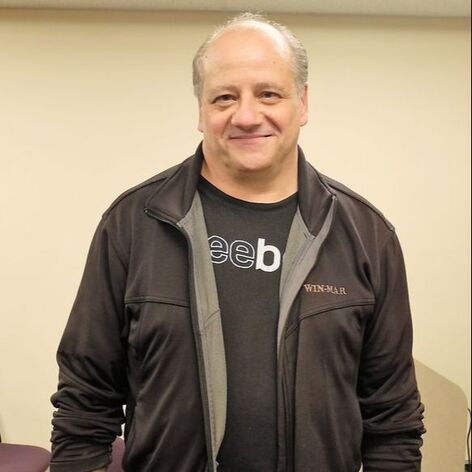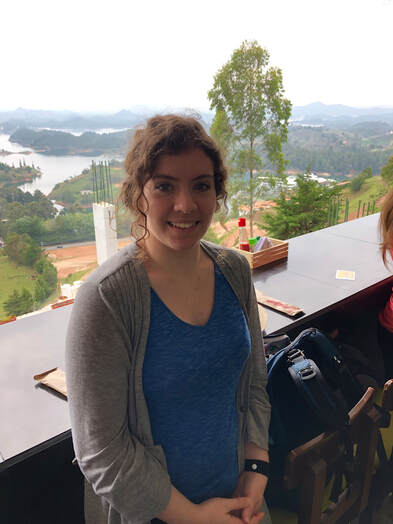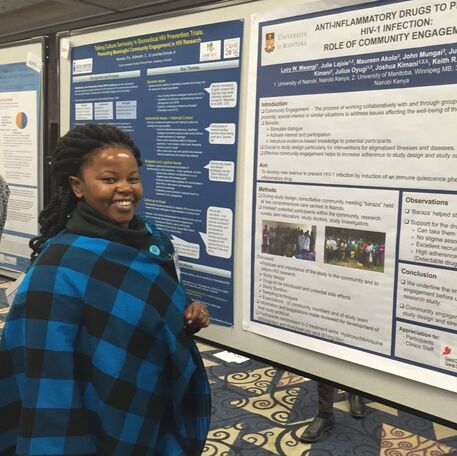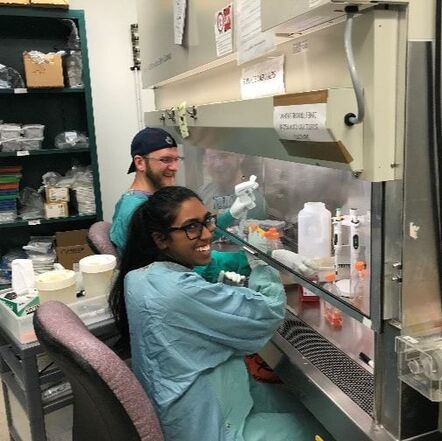Lab Philosophy
The Laboratory of Viral Immunology is committed to excellence in basic infectious disease immunology research that will make a real impact on fighting disease. To do this the lab recruits the best people and tries to provide a work environment that is equal parts academically stimulating and enjoyable. While our careers are an important part of who we are, we believe that great researchers have well-rounded lives and they are also great people. Therefore, the expectation of the quality of work is that it is at an international standard, and the expectation of the work environment is that it is open, collaborative, helpful and highly productive.
Principal Investigator: Keith Fowke

Head, Department of Medical Microbiology & Infectious Diseases
Professor, Departments of Medical Microbiology and Community Health Sciences, University of Manitoba
Degrees:
B.Sc.(H) (Manitoba, 1988), Ph.D. (Manitoba, 1995)
Mailing Address:
Laboratory of Viral Immunology
Department of Medical Microbiology
Room 539 - 745 Bannatyne Avenue,
Winnipeg, MB R3E 0J9
Tel: (204) 789-3818 Fax: (204) 789-3926
E-mail: [email protected]
Accepting Graduate Students:
Master's - Yes
PhD - Yes
Professor, Departments of Medical Microbiology and Community Health Sciences, University of Manitoba
Degrees:
B.Sc.(H) (Manitoba, 1988), Ph.D. (Manitoba, 1995)
Mailing Address:
Laboratory of Viral Immunology
Department of Medical Microbiology
Room 539 - 745 Bannatyne Avenue,
Winnipeg, MB R3E 0J9
Tel: (204) 789-3818 Fax: (204) 789-3926
E-mail: [email protected]
Accepting Graduate Students:
Master's - Yes
PhD - Yes
Research Interests
The Laboratory of Viral Immunology is a vital, active laboratory focused on training scientists at the M.Sc., Ph.D., or postdoctoral levels through basic studies in the immunobiology of HIV infection. The Viral Immunology Laboratory is currently focusing on three major areas of research:
- Determining the immunological phenotype and genetic expression of CD4+ T-cells in individuals who are resistant to HIV infection or those who are infected but able to control their viral replication. We hypothesize that resistance is mediated by a two phase model in which immune quiescence results in fewer activated cells that can serve as targets for HIV infection and a central memory-dominated HIV-specific cellular immune response that eliminates any infected cells.
- The role of immune activation and receptor polymorphisms in HIV disease progression.
- Defining the role of pre-existing humoral and cellular immunity to influenza (including H1N1) and disease outcomes as well as immune responses to vaccine and exposure.
Meet our Team
Dr. Julie Lajoie
|
Stephen Wayne
|
